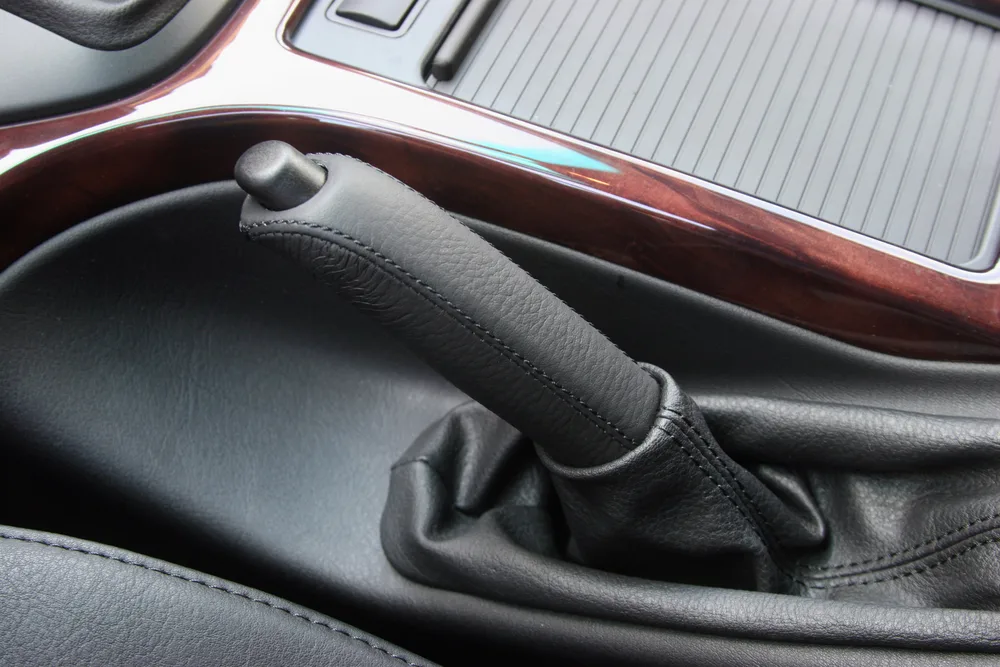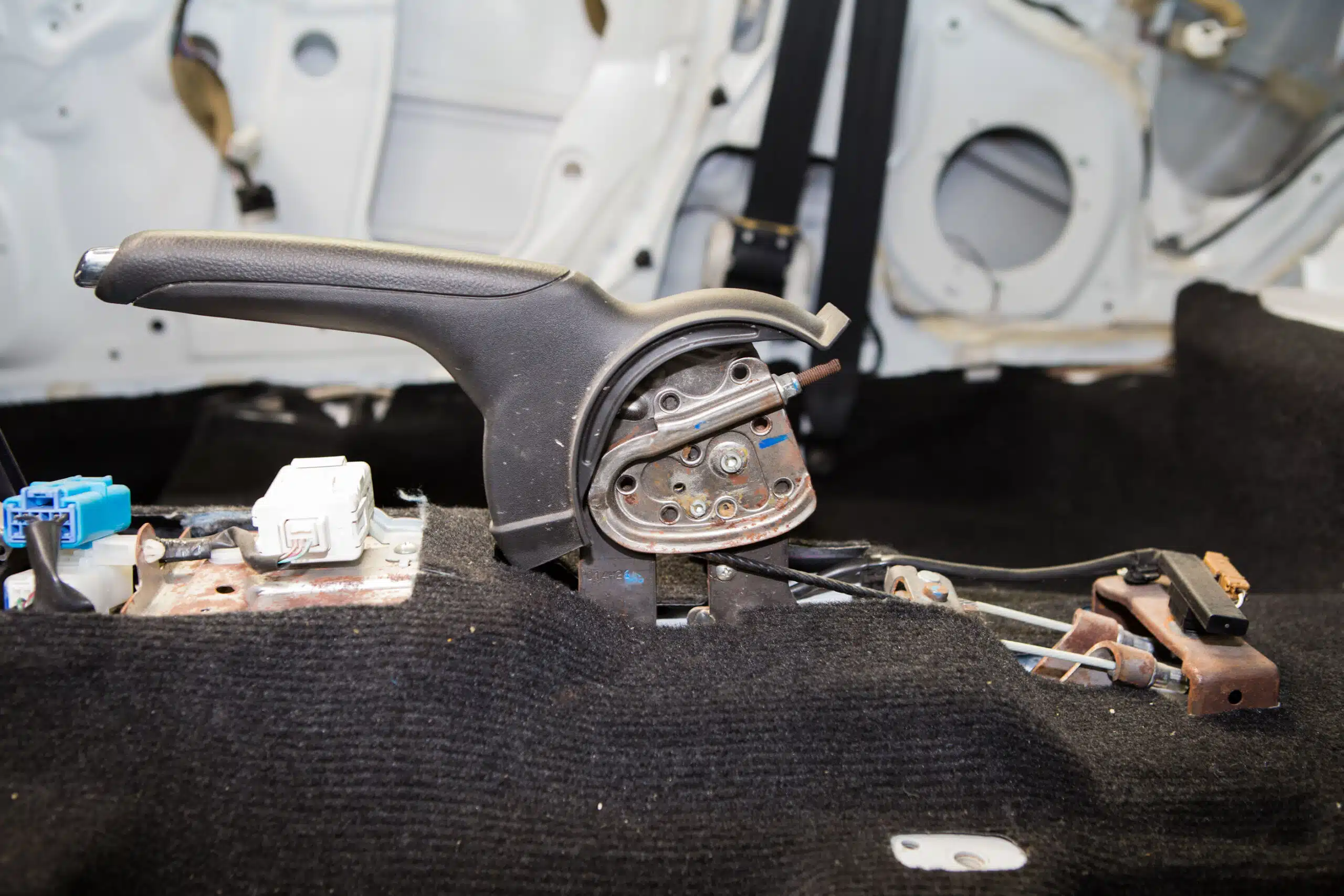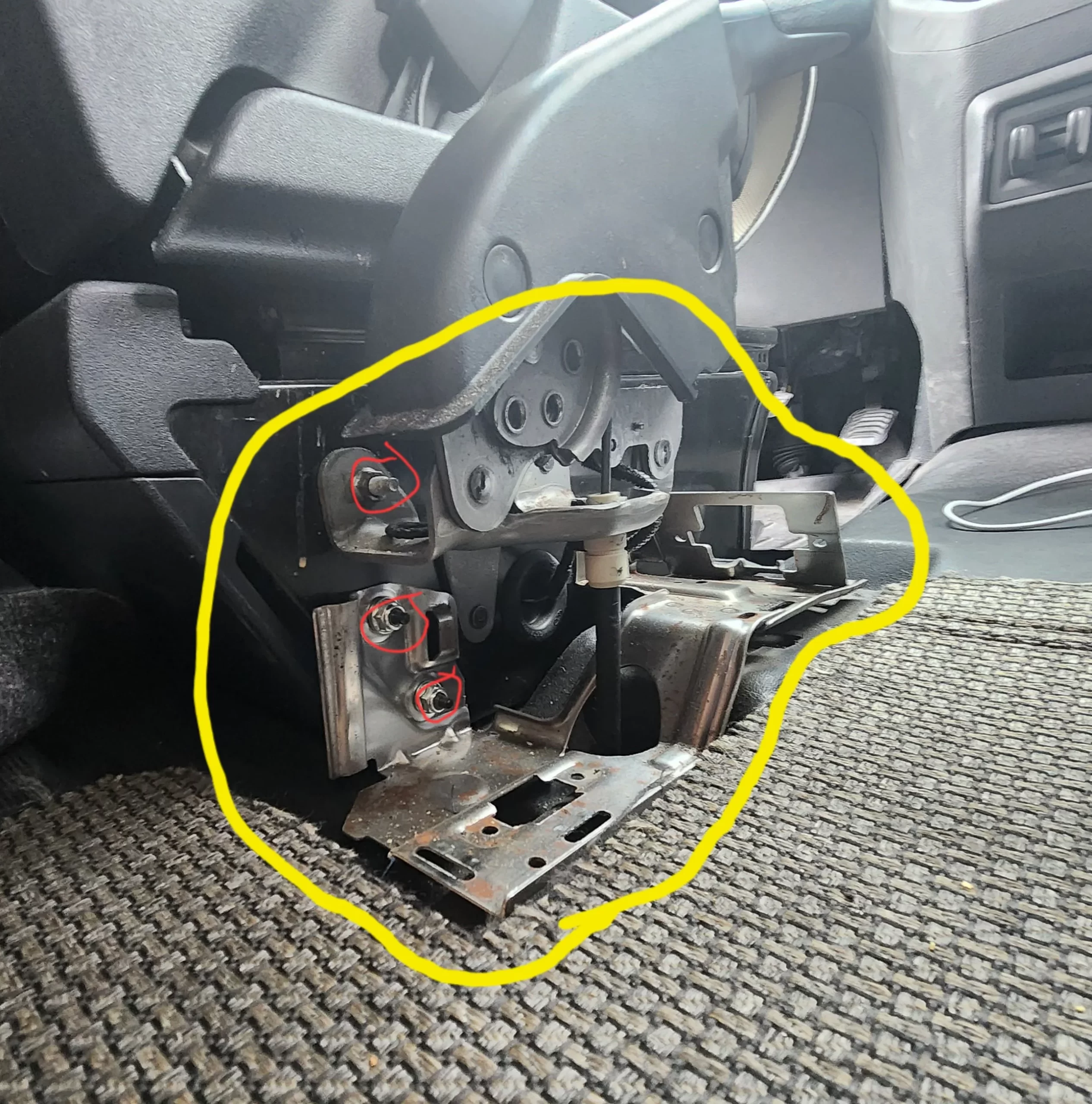The hand brake, also known as the parking brake, is a crucial component of your vehicle’s braking system. It is designed to keep your car stationary when parked, especially on inclines. However, like any mechanical part, the hand brake can wear out over time. Recognizing the early signs of a failing brake is essential to avoid accidents and costly repairs. If you notice any irregularities in its performance, it’s time to take action.
To ensure your hand brake is functioning correctly, consider the following inspection points:
- Check the brake lever or pedal for any excessive travel (greater than 3 clicks).
- Inspect the brake cables for signs of rust or fraying.
- Ensure the brake pads are not worn down beyond 3 mm.
- Listen for unusual noises when engaging or disengaging the handbrake.
- Monitor the vehicle on a slope to see if it rolls when the handbrake is applied.
Warning Signs
- Feeling a loose handbrake lever or pedal.
- Noticing the vehicle rolling while the handbrake is engaged.
- Hearing grinding or squeaking noises when using the handbrake.
Common Signs of Hand Brake Failure
Many drivers overlook the importance of a well-functioning handbrake until it’s too late. If your handbrake is failing, certain symptoms may become apparent. One of the first signs is a decreased holding power. If your vehicle rolls even when the hand brake is engaged, it indicates that the brake is not functioning effectively. Additionally, you might notice that the handbrake lever feels unusually loose or requires more effort to pull.
Other signs of potential failure include:
- Increased travel distance of the hand brake lever (should not exceed 6 clicks).
- Brake warning light illuminating on the dashboard.
- Difficulty in releasing the hand brake.
- Excessive wear on rear brake pads.
- Visible damage to the handbrake mechanism.
Warning Signs
- Handbrake lever feels spongy or loose.
- Brake warning light remains on.
- Unusual smells or smoke when the handbrake is applied.
Regular Maintenance for Your Hand Brake
To prevent handbrake failure, regular maintenance is vital. This includes periodic inspections and adjustments. It’s advisable to have your handbrake system checked at least once a year, or more frequently if you notice any issues. During these inspections, a mechanic will assess the brake cables, pads, and overall functionality of the handbrake system.
Here are some maintenance tips to keep your handbrake in top condition:
- Inspect brake cables for tension and fraying.
- Adjust the handbrake tension if necessary (should be firm but not overly tight).
- Replace worn brake pads to ensure effective braking.
- Lubricate moving parts to prevent rust and corrosion.
- Test the handbrake’s performance regularly, especially before long trips.
Warning Signs
- Noticing rust on the handbrake components.
- Hearing squeaking when applying the handbrake.
- Having to pull the handbrake lever too hard to engage.
When to Seek Professional Help With hand brake
If you suspect that your hand brake is failing, it’s crucial to seek professional assistance. Ignoring the signs can lead to severe safety risks and can worsen the issue. A qualified mechanic can provide a thorough inspection and recommend necessary repairs. They can also advise on whether you need to replace any components or if an adjustment is sufficient.
Here are some indicators that it’s time to consult a professional:
- Frequent issues with the hand brake engaging or releasing.
- Experiencing unusual noises or smells during operation.
- Feeling uncertain about the hand brake’s effectiveness.
- Noticing leaks around the hand brake system.
- Having a vehicle that doesn’t hold still on an incline when the hand brake is applied.
Warning Signs
- Continued issues after attempting simple fixes.
- Inconsistent performance of the hand brake.
- Any visible damage to the hand brake assembly.
Conclusion
In summary, paying attention to the signs of a failing hand brake can save you from dangerous situations and costly repairs. Regular maintenance and inspections are key to ensuring your hand brake remains effective. If you notice any warning signs, don’t hesitate to consult a professional mechanic. Your safety on the road depends on it!




